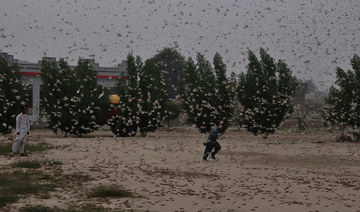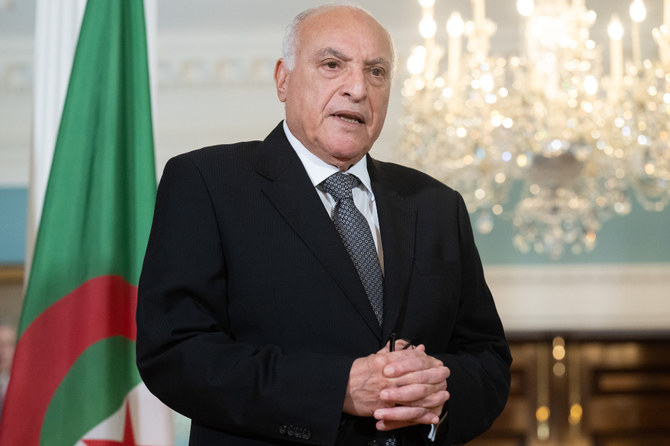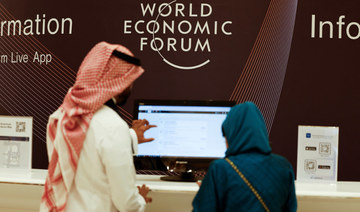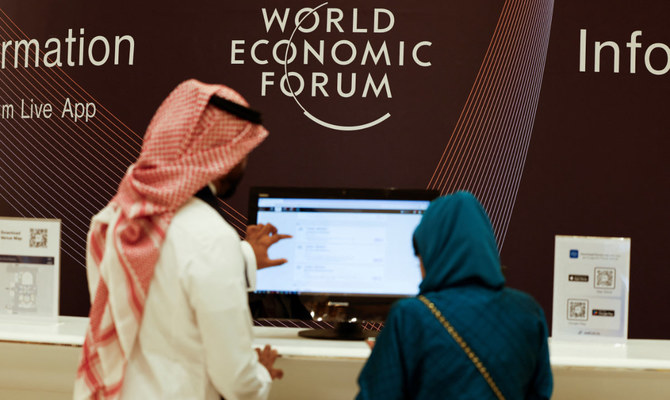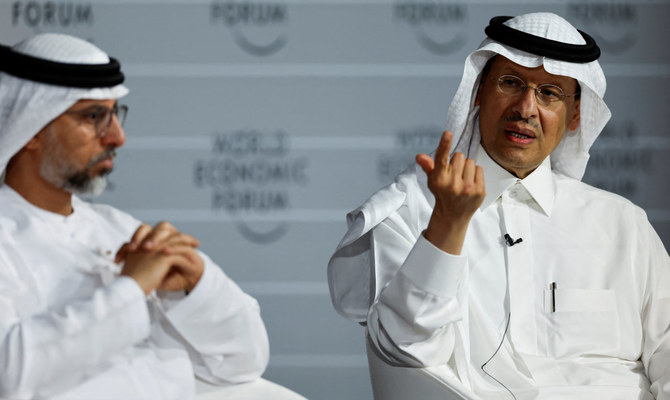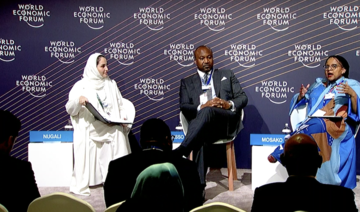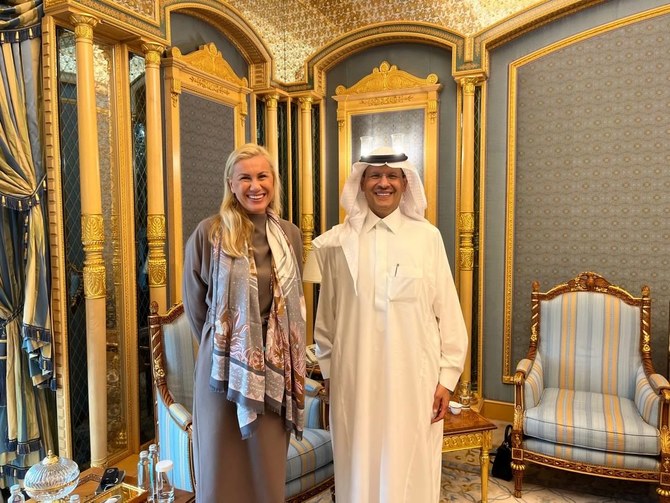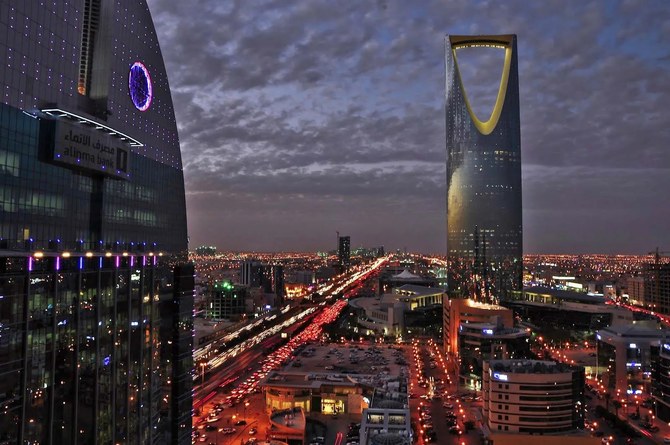KATITIKA, Kenya: The hum of millions of locusts on the move is broken by the screams of farmers and the clanging of pots and pans. But their noise-making does little to stop the voracious insects from feasting on their crops in this rural community.
The worst outbreak of desert locusts in Kenya in 70 years has seen hundreds of millions of the bugs swarm into the East African nation from Somalia and Ethiopia. Those two countries have not had an infestation like this in a quarter-century, destroying farmland and threatening an already vulnerable region with devastating hunger.
“Even cows are wondering what is happening,” said Ndunda Makanga, who spent hours Friday trying to chase the locusts from his farm. “Corn, sorghum, cowpeas, they have eaten everything.”
When rains arrive in March and bring new vegetation across much of the region, the numbers of the fast-breeding locusts could grow 500 times before drier weather in June curbs their spread, the
UN says.
“We must act immediately,” said David Phiri of the UN Food and Agricultural Organization, as donors huddled in Kenya’s capital, Nairobi, a three-hour drive away.
About $70 million is needed to step up aerial pesticide spraying, the only effective way to combat them, the UN claims. That will not be easy, especially in Somalia, where parts of the country are in the grip of the Al-Qaeda-linked Al-Shabab extremist group.
The rose-colored locusts turn whole trees pink, clinging to branches like quivering ornaments before taking off in hungry, rustling clouds.
Astonished by the finger-length insects, children dash here and there, waving blankets or plucking at branches to shake the locusts free. One woman, Kanini Ndunda, batted at them with
a shovel.
Even a small swarm of the insects can consume enough food to sustain 35,000 people in a single day, said Jens Laerke of the UN humanitarian office
in Geneva.
Farmers are afraid to let their cattle out for grazing, and their crops of millet, sorghum and maize are vulnerable, but there is little they can do. About 70,000 hectares (172,973 acres) of land in Kenya are
already infested.
“This one, ai! This is huge,” said Kipkoech Tale, a migratory pest control specialist with the agriculture ministry. “I’m talking about over 20 swarms that we have sprayed. We still have more. And more are coming.”
A single swarm can contain up to 150 million locusts per square kilometer of farmland, an area the size of almost 250 football fields, regional authorities say.
One especially large swarm in northeastern Kenya measured 60 km long by 40 km wide.
Kenya needs more spraying equipment to supplement the four planes now flying, Tale said. Ethiopia also has four.
They also need a steady supply of pesticides, said Francis Kitoo, deputy director of agriculture in southeastern Kenya’s
Kitui county.
“The locals are really scared because they can consume everything,” Kitoo said. “I’ve never seen such a big number.”
The locusts eat the fodder for animals, a crucial source of livelihood for families who now worry how they will pay for expenses like school fees, he said.
His own concern about the locusts?
“They will lay eggs and start another generation,” he said.
A changing climate has contributed to “exceptional” breeding conditions, said Nairobi-based climate scientist Abubakr Salih Babiker.
Migrating with the wind, the locusts can cover up to 150 km in a single day. They look like tiny aircraft lazily crisscrossing the sky.
They are now heading toward Uganda and fragile South Sudan, where almost half the country faces hunger as it emerges from civil war. Uganda has not had such an outbreak since the 1960s and is already on alert.
The locusts also are moving steadily toward Ethiopia’s Rift Valley, the breadbasket for Africa’s second-most populous country, the UN says.
“The situation is very bad but farmers are fighting it in the traditional way,” said Buni Orissa, a resident of Ethiopia’s Sidama region. “The locusts love cabbage and beans. This may threaten the shaky food security in
the region.”
Even before this outbreak, nearly 20 million people faced high levels of food insecurity across the East African region long challenged by periodic droughts and floods.
As exasperated farmers look for more help in fighting one of history’s most persistent pests, the FAO’s Locust Watch offers little consolation.
“Although giant nets,
flamethrowers, lasers and huge vacuums have been proposed in the past, these are not in use for locust control,” the UN agency said. “People and birds often eat locusts but usually not enough to significantly reduce population levels over large areas.”




